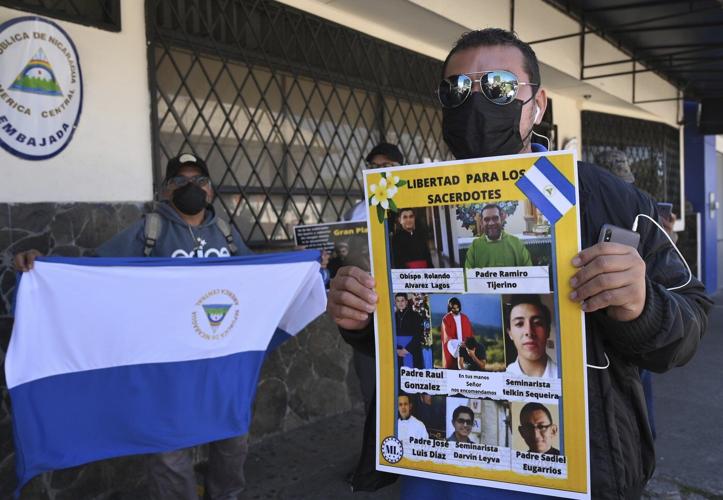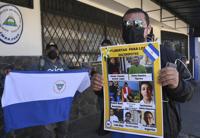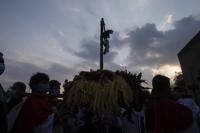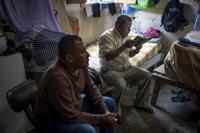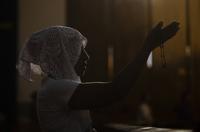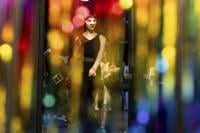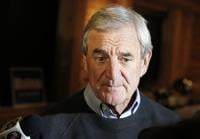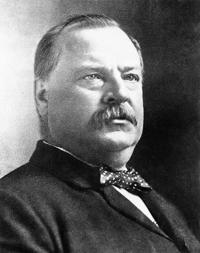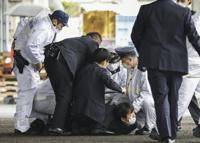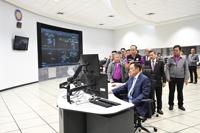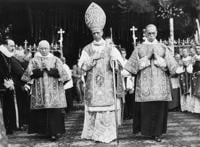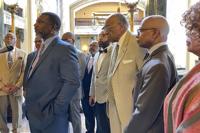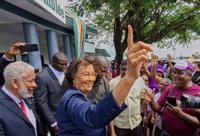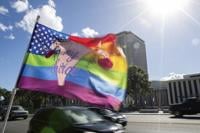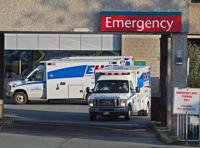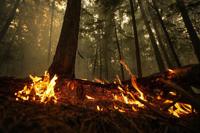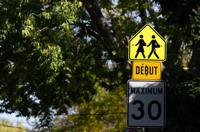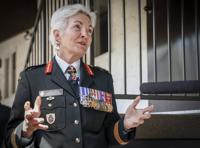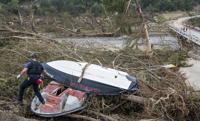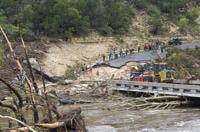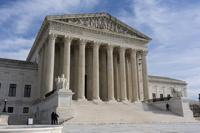Preparations for popular, often daylong Lent and Holy Week processions are underway across Latin America — but not in Nicaragua.
They’ve been largely banned for a second year, one of many concerns for the faithful in a country that human rights advocates, exiled priests and the U.S. government say is pursuing one of the world’s most flagrant .
The Associated Press spoke with several priests who are in exile in different countries, some after being in Nicaragua. All requested their names, current locations and circumstances of departure from the Central American country be withheld for fear of repercussions against their families there.
More than 200 religious figures are in exile, making it difficult to hold Mass or hear confessions in Nicaragua, especially in small villages.
Many pastors still in Nicaragua are under near-constant surveillance, obliged to inform the police if they want to visit someone who’s ill and to submit drafts of their sermons for approval, according to those in exile and human rights activists.
With their bank accounts often frozen or stolen, some face shortages of food and medicine. One Catholic priest said his fellow clergy are trying to serve their flock while feeling constrained by constant threat.
U.S. denounces Nicaragua’s crackdown on religion
The U.S. government has condemned the Nicaraguan government — led by co-presidents Daniel Ortega and his wife, Rosario Murillo — for the crackdown that seems to have intensified in recent years.
On his to the region, Secretary of State Marco Rubio singled out the Nicaraguan government’s effort “to eliminate the Catholic Church and the religious community, and anyone who tries to take power from that regime is punished.”
In its annual report published in March, the U.S. government’s Commission on International Religious Freedom denounced conditions in Nicaragua as “abysmal.” More than 80% of the population is Christian, about evenly divided between Catholics and evangelicals.
“Religious freedom is kind of the canary in the coal mine for the jeopardy of all human rights,” said the commission’s chair, Stephen Schneck.
The commission found that over the last year, the Nicaraguan government harassed and deported Catholic clergy, used “intimidation and manipulation” to force leaders of the Indigenous into exile, arrested members of the evangelical Mountain Gateway ministry and allowed attacks on sanctuaries, including arson that destroyed a 400-year-old crucifix in the capital, Managua.
The commission denounced the “arbitrary” cancellation of legal status of most faith-based organizations, which often leads to property seizures. All nuns were ordered to leave the country.
“These are the nuns that really care for the poorest of the poor,” said Maureen Ferguson, one of the U.S. commissioners. “What happens to them when these religious institutions, people motivated by faith, are exiled?”
Government tries to ‘co-opt’ faith, critics say
To prevent last year’s Easter-time processions, thousands of police were deployed, according to the report. Only clergy “aligned” with the government are allowed outdoor worship.
Local governments often create parallel festivities to give the impression that popular piety is still free, advocacy groups like British-based Christian Solidarity Worldwide say.
That’s part of the strategy to try to co-opt the clergy and the faithful, said Félix Maradiaga, a Nicaraguan opposition leader and practicing Catholic who was jailed, then in 2023.
The Sandinista government “has a long history of trying to create a parallel church, of wanting to take possession of the symbols of faith,” said Maradiaga, who wasn’t allowed to pray publicly or to have a Bible while imprisoned. “The model that Sandinistas want to implement is very similar to that of China. … They will not stop their pressure on the Catholic Church until they obtain a bishops’ conference in some way aligned with the dictatorship’s ideology. They will not succeed.”
Tensions between Nicaragua and faith leaders
Like several Latin American governments tracing their roots back to socialist revolutions, Nicaragua’s Sandinista ��ɫֱ�� Liberation Front has had an uneven relationship with faith leaders for decades.
The Catholic Church drew the when priests and nuns provided shelter and first aid to those injured when the Ortega government violently repressed civic protests in 2018.
The government has blamed “terrorist” clergy for supporting unrest. Clergy and lay observers say the church has been an increasingly rare voice opposing state violence.
A college professor when the protests started, Maradiaga said students called him saying “They’re killing us” — and clergy opened their churches’ doors.
“What the church did was put itself on the side of those who were being persecuted,” Maradiaga recalled.
Several priests in exile said they witnessed youth being shot during the protests and tended to them, seeing it as an essential part of their ministry to help those hurting.
New forms of repression, but lingering hope
Martha Patricia Molina, a Nicaraguan lawyer who fled to the United States, has recorded nearly 1,000 instances of church persecution in Nicaragua from 2018 through 2024. Among those in the past year are arrests and deportations of clergy and the prohibition of a public Via Crucis procession — the Lent devotion commemorating Jesus’ path to the cross.
“The repression in the past few months has a new face. The people who are under attack now no longer speak out and denounce the abuses, because if they do that, the repression only grows,” she said.
Out of eight bishops and one cardinal in Nicaragua’s Catholic conference, four are in exile — along with more than 150 clergy and seminarians as well as nearly 100 nuns and religious sisters who were exiled, fled for their safety or haven’t been allowed back to Nicaragua, per Molina’s count.
According to the Vatican, Nicaragua has exiled five groups of priests since 2022, and Rome — including Bishop Rolando Álvarez, who was jailed for more than a year before being released and sent overseas in early 2024 after negotiations with the Holy See.
For the December solemnity of the Immaculate Conception of Mary, to whom Nicaraguans are particularly devout, wrote a letter exhorting them not to doubt God’s “care and mercy.”
The faithful continue to attend Mass — although some have also taken to gathering in secret to avoid suspected government spies who record those in the pews, Molina and some clergy said.
The fear is palpable, and personal. Molina’s father died recently in the United States, so she asked a few priests in Nicaragua if they would be willing to say a Mass over his ashes.
None was, fearing repercussions for their congregations. She hopes she might one day be able to return to grant her father burial in their homeland.
Several of the clergy in exile said the ability to believe in a different future for their country is one thing they haven’t been forced to leave behind.
___
Associated Press religion coverage receives support through the AP’s with The Conversation US, with funding from Lilly Endowment Inc. The AP is solely responsible for this content.

